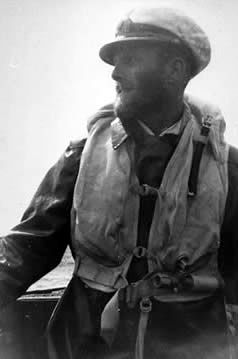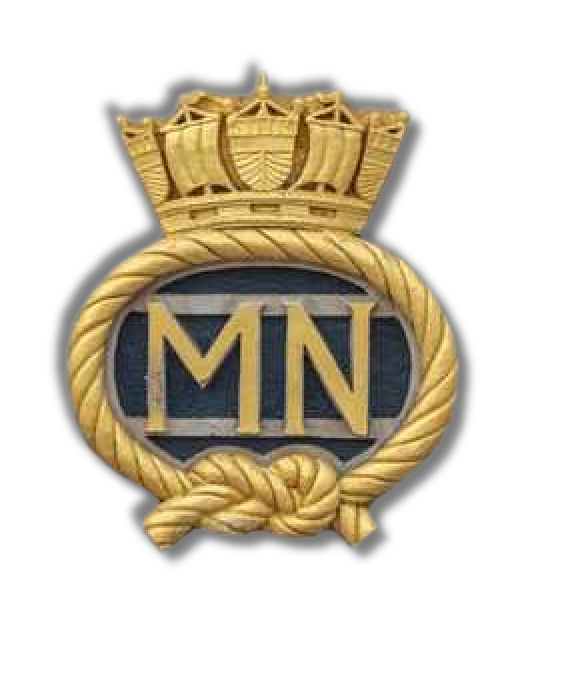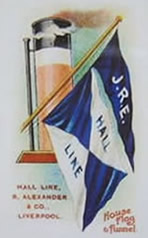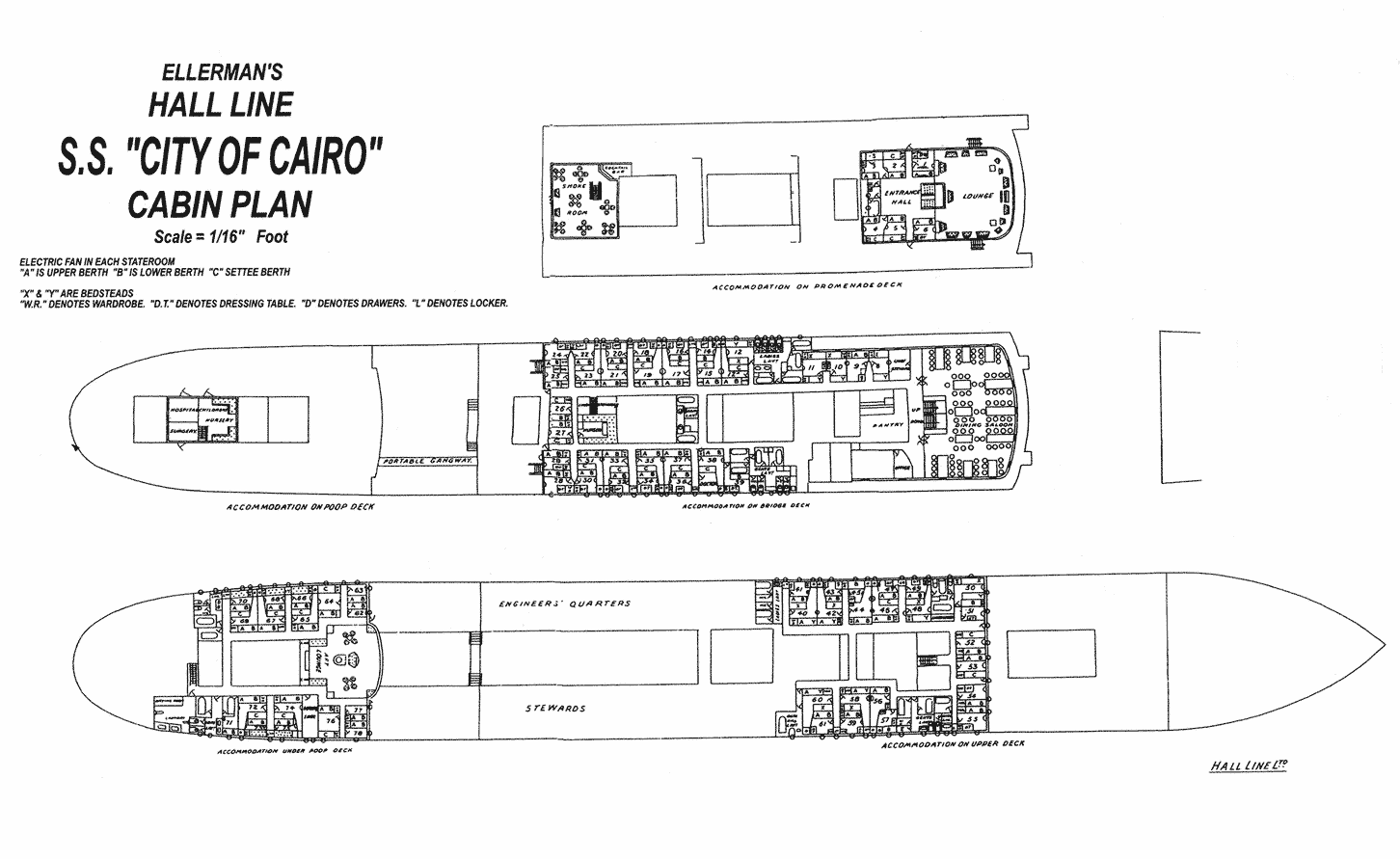Why I did it, by U-boat captain
This is a copy of a letter sent to the Sunday Express by Kapitän zur See Karl-Friedrich Merten. It followed the serialisation of the story in that paper. He explains initially the details of the "LACONIA" incident which had far reaching consequences for merchantmen attacked by U-boats.
The letter is courtesy of , neice of A. Donald Miller and Dr. Marjorie Miller, survivors of the sinking of ss "CITY OF CAIRO".
Dr. Douglas Quantrill, ex-surgeon of "CITY OF CAIRO", wrote this reply on the 16th September 1981.

Karl-Friedrich Merten
Courtesy of Roland Berr
Following the Sunday Express serialisation of the story of the sinking of the liner City of Cairo in the South Atlantic, in November, 1942, this letter has been received from Herr Karl-Friedrich Merten, who was captain of the U-68, the submarine which torpedoed the ship.
"It is important that the catastrophe should not be seen in isolation but in conjunction with the sinking of the British liner Laconia two months earlier on September 12th by my friend Werner Hartenstein in command of U-156, also in the South Atlantic.
There were 2,789 passengers on board her - with crew, about 3,000 people in all. They included 286 members of the British Forces from North Africa proceeding on leave, 80 women and children returning home, 1,800 Italian prisoners of war and their Polish guards.
Well aware of the horrible tragedy after the ship's destruction, Hartenstein tried his best to "internationalise" the position and to get any help obtainable from any quarter. He broadcast the location by radio, in English, and promised not to attack any ship coming to rescue survivors.
Meanwhile, at first one, later a second German submarine arrived on the scene. My boat, U-68, was also ordered to go to help even though we were far away to the South. Women and children and all those wounded were taken on board the submarines and cared for by surgeons and crew. Food and drink were prepared and distributed. All survivors were equally treated except that particular attention was naturally given to women and children.
Assistance was provided to repair damaged lifeboats and make them seaworthy. A huge Red Cross flag was made and stretched on the deck of U-156, and the submarines prepared to tow the lifeboats northward to the South coast of West Africa with the approval of German naval headquarters who urged the French Navy to send ships to the scene.
Three days after the sinking, at around mid-day, a United States Liberator airplane flew overhead and after a while disappeared into the distance. Half-an-hour later the same or another Liberator flew at very low altitude over the crowded area. Depth charges and bombs fell among submarines, lifeboats and crowded life-rafts in four separate attacks. On orders of all three submarine commanders, guns did not go into action. They were not even manned. The Liberator did not score a single direct hit on the submarines, but a depth charge fell in a fully occupied lifeboat, killing or seriously wounding many of the Laconia survivors.
There was no possibility of continuing the rescue operation without risking boat and crew. Even then Hartenstein did not refrain from giving what help he could and passed over the tows of the life boats and the survivors on board U-156 to the other submarines, which by good fortune had not been damaged. Two days later, on September 17, the two other submarines were bombed from the air, fortunately without success.
In the evening, the French gunboat Annamite, and later the French cruiser Gloire arrived on the scene and took over all survivors. It was not learned how many casualties there were. However, this event, only two months earlier, had understandable, as well as deeply regrettable, consequences, namely a clear and indisputable order to all U-boat commanders not to go to the rescue of survivors after sinking an enemy ship.
A statement in your account of the City of Cairo sinking and aftermath I must oppose strongly, namely "...This time his tone was more menacing and the U-boat's guns were trained directly on them". ...This was completely incorrect. U-68 trained no guns of any kind at any time on those unfortunate shipwrecked people or any others. Survivors were not considered "enemies" but as tragic human beings with an extremely uncertain fate. To assist them within the framework of orders and security of one's own ship and crew was a seaman's obligation and duty.
Of course, I concede an author's licence to ornament his story a little on minor points, but he has to remain within the truth especially as far as the behaviour of named individuals is concerned. It was, for example, unimportant to narrate that "closing the lifeboats at periscope depth, Merten surfaced and climbed into the conning tower". In fact the complete action took place on the surface! At that period there was no possibility whatsoever of attacking a ship on a dark night by periscope in a submersed state.
Your readers may care to know that the three lifeboats controlled by U-68 were not even half occupied - with nearly all men. Women and children were drifting around crying for help in the water but nobody made any attempt to use the oars or to go for those swimming! It needed by loudest shouting by megaphone to create at least the initiative to help those in the water clinging to the outside of the gunwhale. So I shouted: "Care immediately for those swimming!"
Further, I called for the "City of Cairo's" captain, not to take him prisoner, but to make him responsible for an immediate rescue operation and for a fair distribution of survivors among the existing lifeboats sufficient to give a slight hope for survival and providing an officer for navigation. However, the captain remained hidden!
When we received the distress call from the "City of Cairo" after torpedoing her and we heard about the large number of people on board, we found it difficult to comprehend the irresponsibility of the Allied authorities in sending her out of Capetown without naval escort, at a time when it was well-known to all responsible authorities that a pack of submarines was assembled and in operation around the Cape.
In concluding the story of the "City of Cairo" sinking, I should like to say that I am obliged to the Sunday Express because for the first time since the war, after nearly 39 years, I learned with great relief that not all lifeboats of the ship were lost in the endless ocean, except for No.1 boat with only three survivors on board. That was published in a German booklet in 1955 which I accidentally found in a bookshop. The source of the story therein must have been the same because the same persons were mentioned by name.
Readers of Mr Ralph Barker's story in the Sunday Express should understand that destruction of any ship is a most unpleasant task for a real seaman, but a tragic war necessity. Sinking of a passenger ship is hell for everybody involved!"






